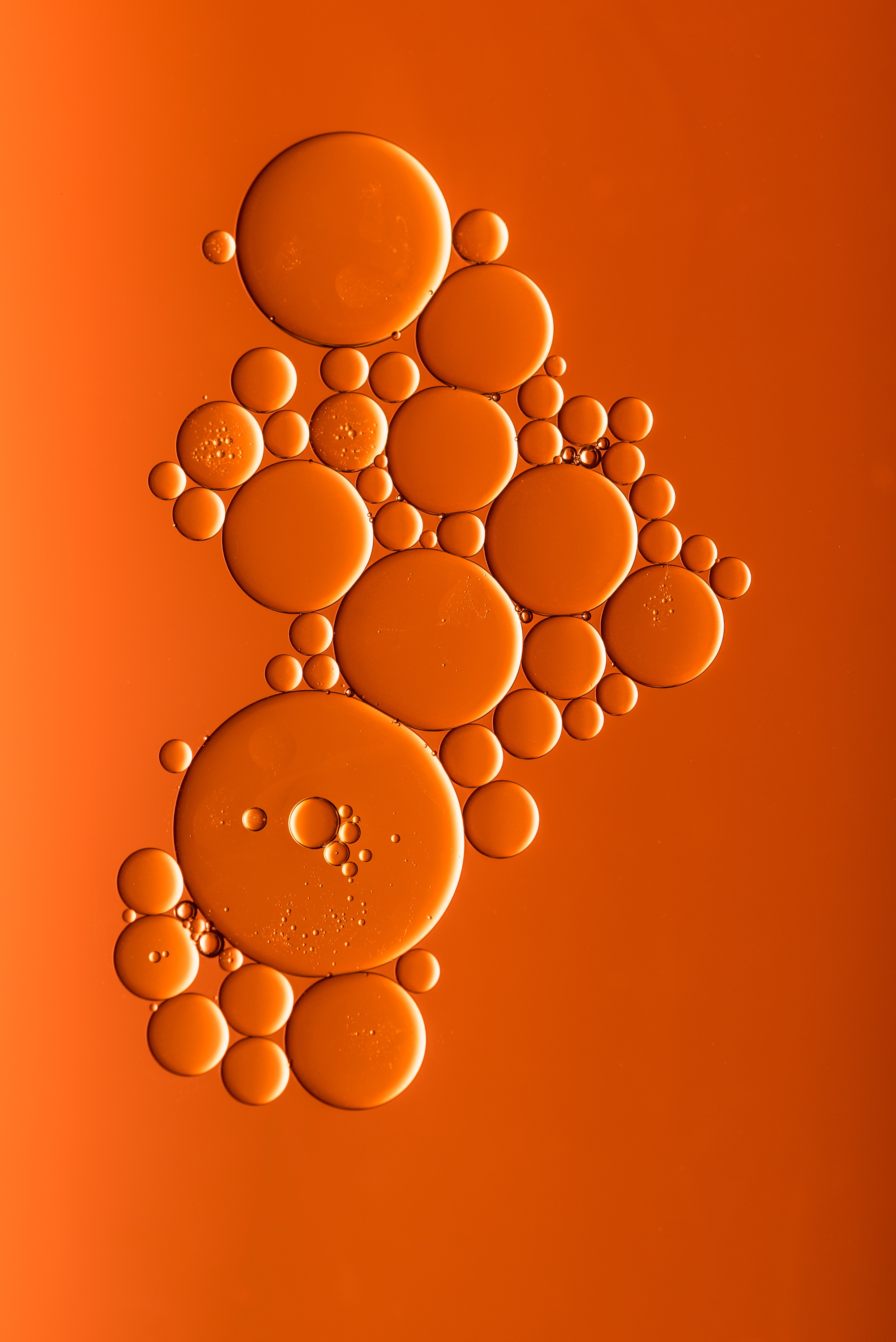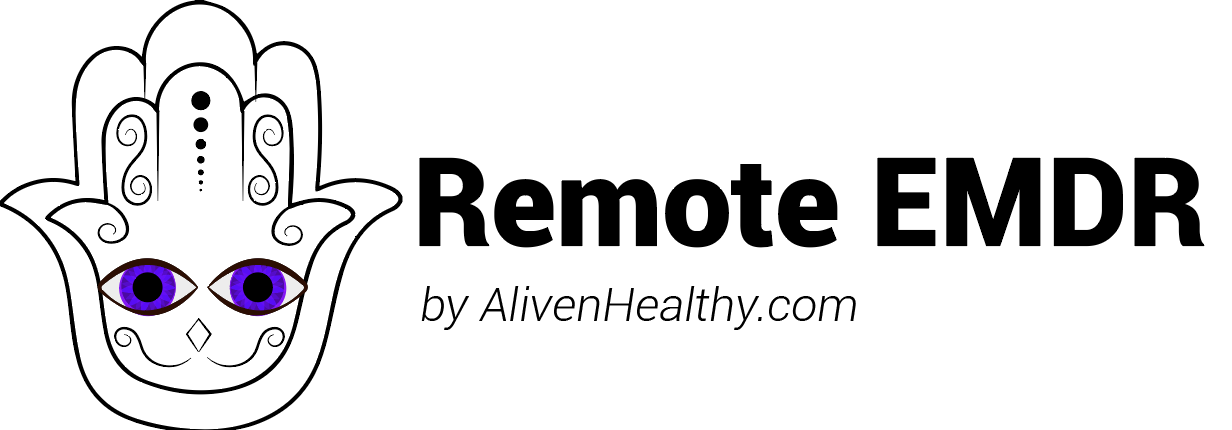Can you prevent cancer with a vaccine?
 There are a variety of different types of cancer vaccines that have been developed, but none are very well-known in the United States. Outside of the U.S., however, vaccines such as RigVir once provided hope to patients with many different types of cancers. The RigVir vaccine is no longer available, unfortunately however because the developers tried to promote the vaccine to make it more accessible to the masses which threatened the Big Pharma cancer industry. The vaccine was discredited as result and removed from circulation after over 16 years of saving lives.
There are a variety of different types of cancer vaccines that have been developed, but none are very well-known in the United States. Outside of the U.S., however, vaccines such as RigVir once provided hope to patients with many different types of cancers. The RigVir vaccine is no longer available, unfortunately however because the developers tried to promote the vaccine to make it more accessible to the masses which threatened the Big Pharma cancer industry. The vaccine was discredited as result and removed from circulation after over 16 years of saving lives.

Click here to schedule a health coaching session with us.
Detailed Information
There are 2 kinds of cancer vaccines:1) cancer prevention vaccines and 2) cancer treatment vaccines
Currently, the FDA has approved three cancer prevention vaccines:
- The HPV vaccine
HPV is considered an anti-cancer vaccine because if an individual catches HPV and has the virus for a long time, they can develop cervical, vaginal, vulvar, oral, and anal cancer. Unfortunately, vaccination with the HPV vaccine can cause chronic pain and other undesirable effects so, in many countries it is no longer in use [1][11]. Click here to learn more about Post-HPV vaccine syndrome.
- The hepatitis B vaccine
- Provenge (sipuleucel-T)
This is a prostate cancer vaccine that has been shown to increase prostate cancer survival rates by about 4 months. If you have been diagnosed with prostate cancer, be sure to read more about the Lugol's iodine protocol as a cure for prostate cancer and other reproductive organ cancers along with DMSO and frankincense essential oil. These are two protocols that we almost always recommend to our prostate cancer health coaching clients to be used together to even as a cure for stage 4 prostate cancer.
- T-VEC/Imlygic (also known as talimogene laherparepvec)
This vaccine was approved for metastatic melanoma that cannot be surgically removed [2]. Please note that when my husband had melanoma, we had to wait for about 30 days before his appointment with the oncologist. During this time, we decided to experiment with alternative medicines to cure cancer and the first thing that we worked with was baking soda and coconut oil mixed together and applied directly to the melanoma tumor. My husband applied this mixture to his melanoma for 3 days and by the middle of the third day, the tumor dried up and fell off, revealing healthy, normally pigmented skin underneath. The baking soda protocol is an extremely power and fast-acting cure for melanoma, including melanoma that cannot be surgically removed (my husband's melanoma was on his temple and could not be surgically removed).
Click here to go to AlivenHealthy Academy to do the 1 Hour Cancer Video Course that shows how to administer baking soda therapy along with the other most important at-home cures for melanoma.
Politics
Very few cancer vaccines are available in the United States, and those that are available (such as the HPV vaccine) cause severe side effects. The RIGVIR vaccine was one of the first and most well-known cancer vaccines in countries outside of the U.S. The Latvian government provided RIGVIR vaccine treatments for free as a cure for melanoma. But American websites distribute the propaganda that this vaccine is “dubious” and “quackery” because it is derived from a naturally occurring substance and therefore not patentable (which mean it is not profitable the way that chemo and radiation are profitable to Big Pharma). In other countries however, immunotherapy and cancer vaccination using RigVir, both as a preventive and as a stand-alone cancer treatment, is well-known.If you are primarily interested in working with high-tech or conventional medicine treatments for cancer, but you'd like to get better results from chemo and radiation treatments or if you'd like to avoid chemo and radiation for cancer, click here to learn more about the alternative cancer hospitals that offer an array of options, including cancer vaccines, nutrient therapy, vibrational medicines, as well as low-dose chemotherapy and more. But although currently the use of cancer vaccines is practically nonexistent in the United States, this wasn’t always the case. More than a century ago in 1891, a bone sarcoma surgeon named William B. Coley injected streptococcal organisms into a patient with inoperable cancer. His goal was to harness the immune effects and fever caused by a strep infection to minimize the size of the patient’s tumor. The experiment was successful, and Coley continued working with this concept by injecting cancer patients with bacteria to treat their cancers (specifically working with bone and soft-tissue sarcomas). The products Coley used on his patients eventually came to be known as Coley’s Toxins.

Click here to buy the 4 volume Cancer Cure Catalog.
However, despite the encouraging results, Coley’s Toxins were subject to much scrutiny by The Powers That Be in conventional medicine in the U.S., and many doctors disapproved of the treatment even though it produced excellent cancer treatment results. Over time, the treatment was used less and less, and in 1920 Coley’s Toxins were faced with resistance from the Bone Sarcoma Registry, which deemed that the success shown by the treatment were due to incorrect diagnoses in the patients being treated. By 1962, the FDA denied Coley’s Toxins as a legitimate treatment/drug for cancer. The treatment eventually became illegal in the United States. Although Coley’s Toxins aren’t specifically used in cancer vaccines today, the concept behind this early immunotherapy treatment holds true and is the underlying idea behind many modern cancer vaccines [5].Indeed, mistletoe is an important herbal cancer remedy that causes a fever which ultimately is a key part of how this particular cure for cancer works. Click here to read more about how to use mistletoe to cure cancer.
Click here to learn more and subscribe to the Living Database now.
Safety and Effectiveness
HPV
The HPV vaccine (commonly administered in the United States) causes severe side effects and poses safety concerns for those who take it. Some of the more dangerous side effects of the HPV vaccine include:- blood clots in the legs and lungs
- strokes
- chronic pain
- seizures
- kidney failure
- Guillain-Barre syndrome
- vomiting and diarrhea resulting in dehydration [8][11]
RigVir
The RIGVIR vaccine is considered safe with no serious side effect being noted. The only common side effect is a low fever for a period of time after vaccination. Rare side effects are pain in the tumor area, fatigue, sleepiness, and diarrhea [4]. The customized vaccine solutions was once offered in the Cayman Islands by Perseus PCI. They were shown to be extremely safe, with the only observed side effect being a low-grade fever (similar to RIGVIR) [9]. RigVir, of course, is no longer widely available.Autologous Cancer Vaccines
The Dana-Farber Cancer Institute in Boston did a series of human trials using personalized cancer vaccines with largely successful results. Six patients were admitted to this study, all with a high chance of recurrence of cancer after having their tumors removed in surgery. The patients each had a unique vaccine made to suit their individual cancer and the neo-antigens in their body. After injection, 4 out of the 6 patients showed no signs of recurrence after 25 months [10], A similar study in Germany by Biopharmaceutical New Technologies (BioNTech)) used 13 patients with melanoma to create personalized vaccines using up to 10 different neo-antigens to target each patient’s cancer. In this study, after 12-23 months 8 patients had no recurrence of their cancer [10]. As with RigVir, autologous cancer vaccines have been studied most as a cure for melanoma though they may work to treat other forms of cancer as well.
Become an Expert. Click here to do our Anticancer Video Courses.
How Cancer Vaccines Are Administered
Most cancer treatment vaccines work by activating cytotoxic T cells in the body and then guiding them toward cancer cells, which have been made visible to the body’s immune system through the production of antibodies that attach themselves to the surface of cancer cells. [2] There are different kinds of cancer vaccines that work in different ways, outlined briefly below:Antigen vaccines
These vaccines use the extraction of special cancer cell proteins, which can activate the immune system to kill cancer cells. Scientists have isolated many of the genetic codes for these proteins, so these vaccines can be made ahead of time [3]. There are four primary types of antigen vaccines, listed below:- Peptide-based vaccines
- Heat shock protein vaccines
- DNA vaccines
- Viral and bacterial vector vaccines

Click here to subscribe to the DreamLight.app, a brain entrainment, guided meditation tool to reduce stress and overcome trauma.
Whole cell vaccines
In comparison to antigen vaccines, the whole cell vaccine uses whole cancer cells to stimulate the body’s immune system rather than using a particular cancer cell protein to alert the immune system to the cancer cell’s presence. Whole cell vaccines can be made using one’s own cancer cells, another patient’s cancer cells, or lab-grown cancer cells [3].These vaccines fall into 5 basic categories:
- Autologous vaccines – These use the patient’s actual cancer cells in the vaccine.
- Allogeneic vaccines – These use the cancer cells of a different patient with the same kind of cancer.
- Gene-modified vaccines – These use either the patient’s own cancer cells or those of another patient. The cells are modified in a lab to give the cells various properties that enhance the body’s ability to kill cancer cells. [6]
- Dendritic cell cancer vaccine: This type of cancer vaccine uses dendritic cells (which are antigen-presenting cells) to assist the immune system to kill cancer cells naturally. The dendritic cells are grown in a lab with the cancer cells [3]. Dendritic cell vaccines are mostly used as a high-tech prostate cancer treatment with better outcomes than other prostate treatments though just slightly.
- Anti-idiotype vaccines: These vaccines work by encouraging the body to develop antibodies against cancer cells [3].
Adjuvants are sometimes added to anticancer vaccines to assist in boosting the body’s immune response to cancer cells. These substances may come from a variety of sources, both biological and non-biological, including particular microbes, bacteria-produced materials such as Detox B, KLH (keyhole limpet hemocyanin), montanide ISA-51, and cytokines (produced by white blood cells to regulate and enhance immune response) [2].

Click here to do a free trial of EMDR online.
RigVir
The RIGVIR vaccine was once administered as a part of a series of injections over a period of about 3 years as an ambulatory care treatment. RIGVIR is an oncolytic and oncotropic virotherapy that consists of a live, unmodified, non-pathogenic ECHO-7 virus that specifically targets and kills cancer cells without harming healthy cells. Injections of RIGVIR are intramuscular, and the virus starts working on the cancer immediately. In addition to destroying cancer cells, RIGVIR boosts the patient’s immune system and encourages the body to produce more immune cells in the lymph nodes. By attaching itself to the surface of cancer cells, the RIGVIR virus alerts the body’s immune cells to the presence of cancer cells and allows the body to also work to kill cancer cells. Almost no side effects are present with the use of RIGVIR, with the primary side effect being a reversible subfebrile temperature (a body temperature slightly above normal) for about 1-3 days. RIGVIR’s primary use was in the treatment of melanoma.- Stomach cancer
- Prostate cancer
- Lung cancer
- Bladder cancer
- Uterine cancer
- Other types of cancer.
It should also be noted that this particular cancer vaccine isn’t used in children under age 18, nor is it used in combination with radiation and/or chemotherapy treatment [4].
Possible Negative Effects
Cancer vaccines can result in the side effects (these side effects can occur as a result of administering any vaccine) and possibly undisclosed adverse reactions:- Inflammation, redness, pain, swelling itchiness, warming of the skin, and sometimes a rash at or around the site of injection
- Flu-like symptoms, such as fever, chills, weakness, dizziness, nausea/vomiting, muscle ache, fatigue, headache, and breathing difficulties in some situations
- Blood pressure changes
In rare cases, cancer vaccines may result in:
- Asthma
- Appendicitis
- Pelvic inflammatory disease
- Autoimmune diseases, such as arthritis and systemic lupus erythematosus [2]
Other Important Information
Whole cell and antigen vaccine solutions engineered from the patient’s own cancer cells can be found in the Cayman Islands from a company called Perseus PCI (Personalized Cancer Immunotherapy). The treatment offered at this company is a 4-month treatment involving 1 injection per month. The cost for the trip to the Cayman Islands and the treatment itself is about $95,000 USD [7][9].- CimaVax EFG vaccine
- PVS-RIPO vaccine.
The PVS-RIPO vaccine uses genetically engineered poliovirus, and works similarly to the RIGVIR vaccine in that it selectively attacks cancer cells without harming healthy cells, and also that it stimulates the body’s immune system to fight the cancer. Clinical trials are underway at Duke University, and are currently focused on how to cure glioblastoma brain tumors (although the vaccine may be able to treat other cancers as well) [7].
Resources:

 The Practical Guide to Healing Skin Cancer Naturally: At-Home Remedies for Melanoma, Basal Cell Carcinoma, and Squamous Cell Carcinoma - BUY HERE!
The Practical Guide to Healing Skin Cancer Naturally: At-Home Remedies for Melanoma, Basal Cell Carcinoma, and Squamous Cell Carcinoma - BUY HERE!



















